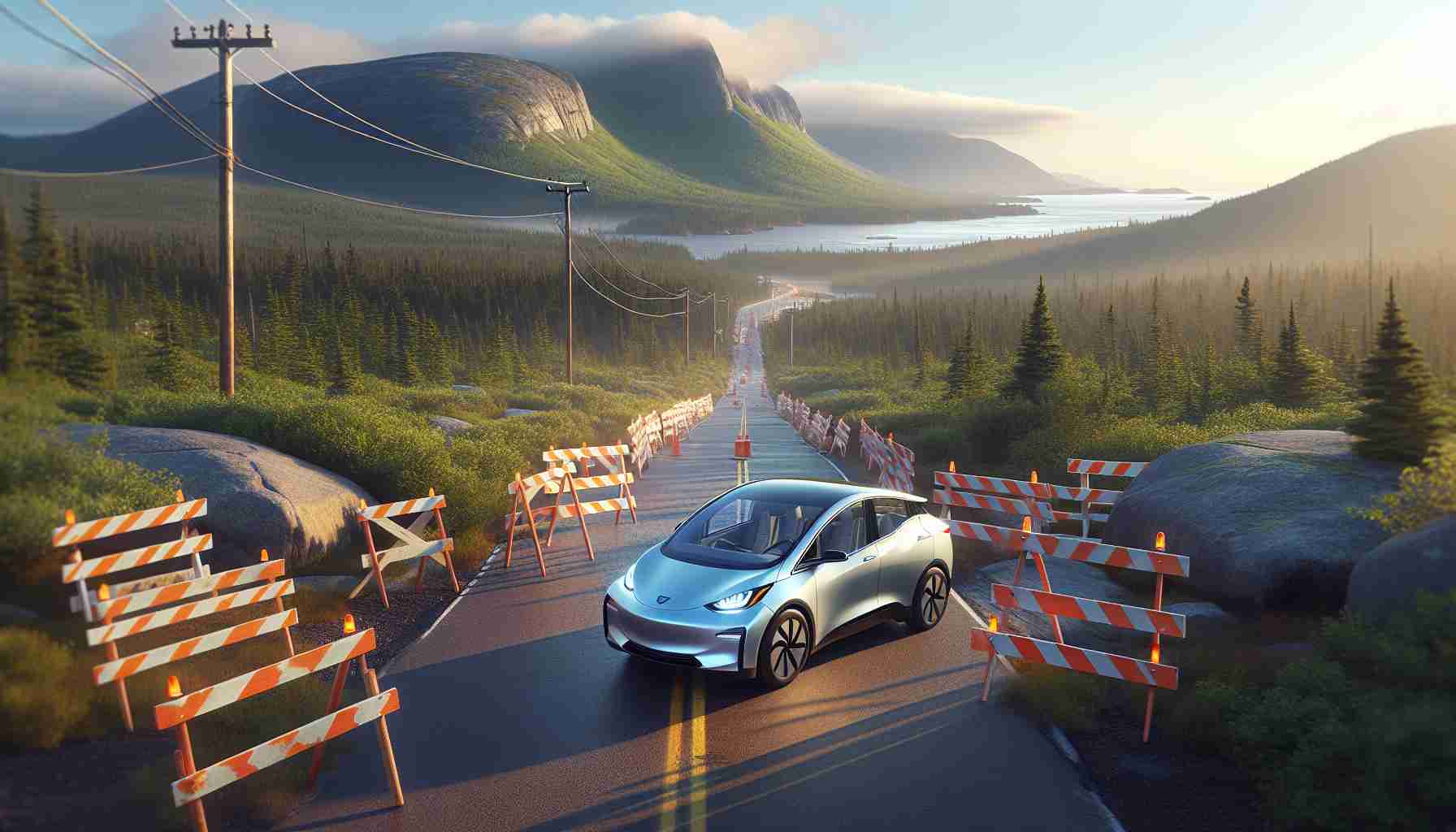In the struggle against climate change, Maine has laid out an ambitious automotive vision: putting 150,000 electric vehicles (EVs) on its roads by 2030. However, this goal now appears overly optimistic.
Maine’s Vision for Electric Vehicles
The Maine Climate Council recently updated the state’s climate action plan, highlighting the drive toward electric mobility as a cornerstone strategy. The intention is clear: Transitioning to electric vehicles could significantly slash greenhouse gas emissions, with transportation being a major contributor to the state’s carbon footprint.
Challenges Emerging
Yet, despite rapid growth in the electric vehicle sector, hurdles remain. Current data indicates that around 17,500 EVs are registered in the state, a dramatic increase over recent years. This leap forward, however, is overshadowed by over a million gasoline-fueled cars still on Maine’s roads.
An unanticipated surge in EV purchases exhausted state rebate funds, highlighting enthusiastic adoption yet revealing financial shortfalls. Political shifts, especially with energy policies leaning towards fossil fuels, further cloud the path forward, complicating incentives like federal tax rebates that EV advocates depend on.
Adjustments Underway
Acknowledging the sizable gap to 219,000 EVs by 2030, planners have revised the target to focus on 150,000 “light-duty battery electric and plug-in hybrid vehicles.” These include fully electric and hybrid options that rely on a traditional engine as a backup.
Despite these adjustments, achieving the revised targets remains a significant challenge for Maine, necessitating a re-evaluation of strategies to realistically meet climate goals.
Maine’s Bold Electric Vehicle Vision: Realistic Ambition or Overreaching Dream?
The Electric Vehicle Revolution: Beyond Maine
While Maine’s ambitious goal to deploy 150,000 electric vehicles (EVs) by 2030 may seem daunting, the broader push toward electric mobility is reshaping transportation not just in Maine, but globally. Across the world, the rise of EVs is prompting advancements in battery technology, charging infrastructure, and renewable energy integration, driving us closer to a sustainable future.
Global Innovations in Electric Mobility
Electric vehicles are more than just a means of reducing emissions; they are gateways to technological innovations. For example, advancements in battery storage technology have the potential to revolutionize not just how cars are powered, but also how energy is stored and used in homes and businesses. Innovations in fast-charging capabilities and increased ranges are making EVs more practical for everyday use, overcoming one of the initial hesitations consumers had about making the switch.
The Ripple Effects on Industry and Labor
The surge in electric vehicle production is reshaping industries and labor markets. Traditional automotive manufacturing is witnessing a shift toward new skill sets, prompting the need for retraining to accommodate electric drivetrains and high-tech components. While this transformation presents opportunities, it also poses challenges, such as potential job displacement in sectors traditionally reliant on internal combustion engine vehicles.
Environmental and Economic Considerations
With the transition to electric vehicles, the positive impact on reducing greenhouse gas emissions is undeniable. EVs have lower lifetime emissions compared to conventional vehicles, especially when powered by renewable energy sources. However, the production and disposal of batteries raise environmental concerns. Mining for lithium and cobalt, essential for battery production, involves environmental and ethical challenges that need addressing.
Infrastructure: A Key to Success
The success of electric vehicles relies heavily on the availability of robust charging infrastructure. In places like Maine, with vast rural areas, expanding the network of charging stations is crucial. This infrastructure gap presents both a challenge and an opportunity for innovation in wireless charging and on-the-go charging solutions.
What Lies Ahead?
Can Maine and other states realistically meet ambitious EV goals without compromising economic stability and environmental ethics? The answer may lie in collaborative efforts between government, industry, and communities. By incentivizing research and development in green technologies and implementing comprehensive policies, the transition could become more feasible.
Conclusion
Maine’s ambitious EV plan might be challenging, but it reflects a necessary global shift toward sustainable transportation. While there are undeniable hurdles—financial, political, and infrastructural—the potential benefits of fully embracing electric mobility could dramatically alter the course of human development and technological innovation. The future of transportation may initially seem uncertain, but it is undoubtedly electric.
For further insights into innovations in electric vehicles and sustainable energy, visit link name or learn more from link name.







